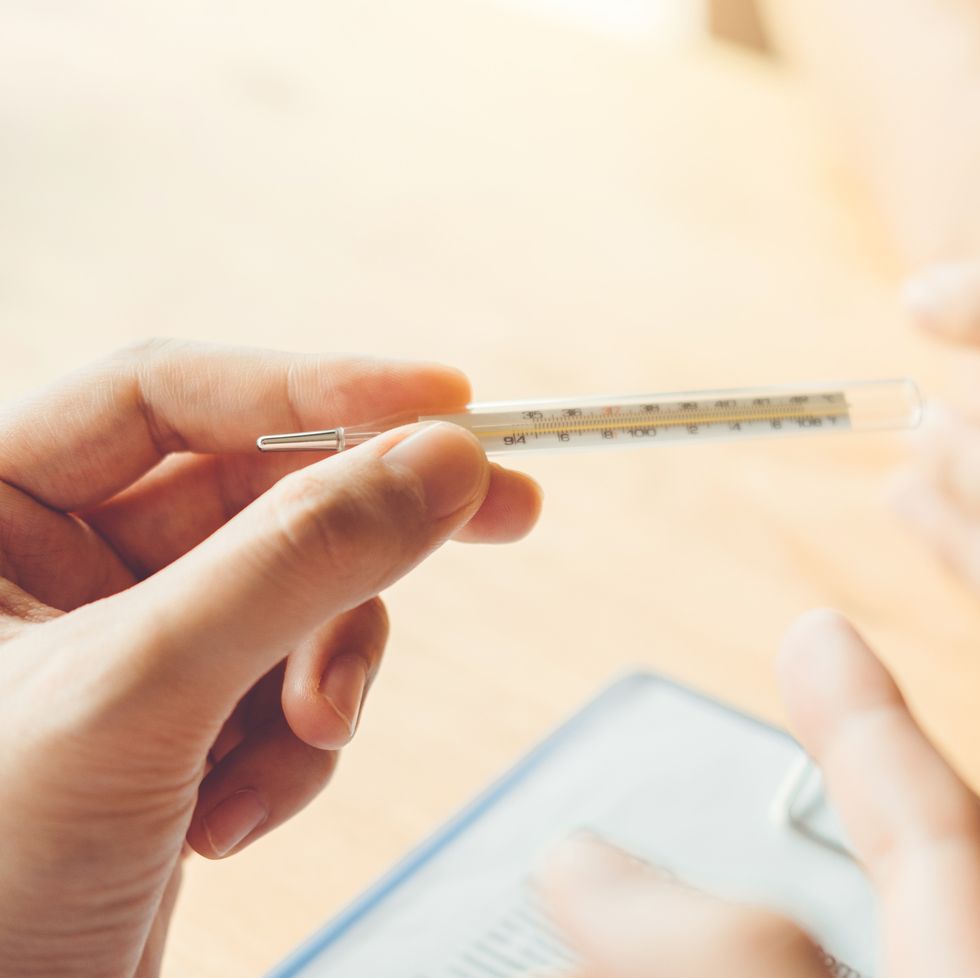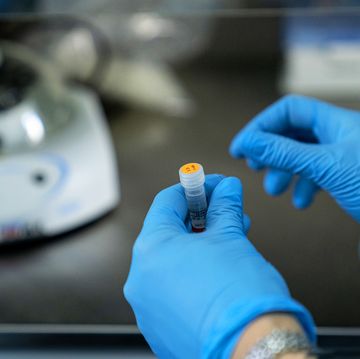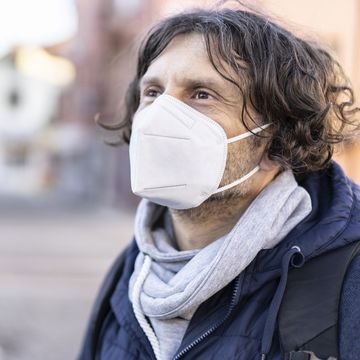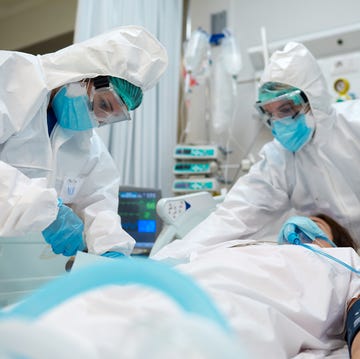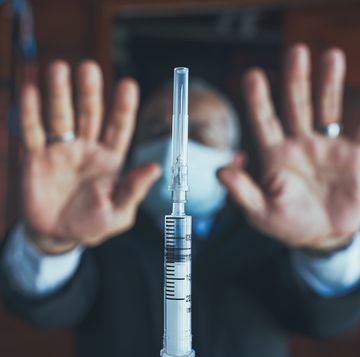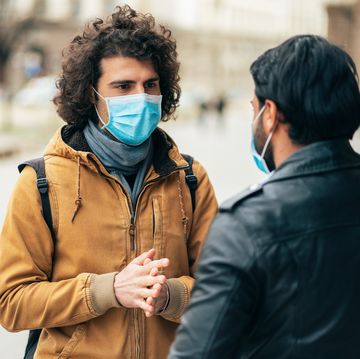In addition to a cough and shortness of breath, public health institutions list "fever," as a one of the symptoms of the coronavirus COVID-19.
Except that many of these institutions don't go into greater detail about what a fever actually entails.
The Mayo Clinic defines a fever as "a temporary increase in your body temperature, often due to an illness..." and "...usually isn't a cause for concern unless it reaches 103 F (39.4 C) or higher."
But what, actually, is a fever? What does it feel like? What's the best way to check to see if you have a fever? And, if you do have a fever, does that mean you should go ahead and seek out testing for COVID-19?
To further explain what medical experts mean by a fever, The University of Pennsylvania Health Systems offered up Neel Chokshi, M.D., the medical director of Penn’s Sports Cardiology and Fitness Program.
And so, here, Dr. Chokshi will answer all your burning questions.
What, exactly, does a “fever” mean? What does it feel like?
Your body is a complex system. To maintain and optimize everything your body does on a second-by-second basis, your temperature operates within a very narrow range, says Dr. Chokshi.
"A normal temperature is typically considered 98.6 with a window of 97 to 99 degrees [Fahrenheit]," he says. "Fever represents a change in body temperature outside of the normal window."
An interesting note: "A fever is typically an elevation in the temperature, but can also manifest as a drop in temperature," Dr. Chokshi says.
So that's the technical definition of a fever, but what does having a fever mean?
"A fever most commonly represents the presence of an infection in the body," Dr. Chokshi says. "It is part of the immunologic response to combat this infection."
If you have a fever, you may feel inappropriately warm or cold in comparison to others around you. You may feel chills and/or break out in sweats. You may also feel general malaise or body aches.
What's the best way to check to see if you or someone else has a fever?
"The best means to check for a fever is via a thermometer," Dr. Chokshi says. "Temperatures are typically assessed via thermometers placed orally under the tongue, in the ear, within the armpit, and near the forehead depending on the thermometer utilized."
Maybe you're thinking: "Um, what about that other kind of thermometer?"
Dr. Chokshi: "Rectal temperature checks are also possible and more accurate, but invasive and typically not needed for general assessments."
What could a fever be a symptom of?
"Fever is of a part of the body’s natural immune and inflammatory response," Dr. Chokshi. "Most commonly, this response is triggered by an infection in the body."
That said, fevers can also arise due to inflammatory disorders, reactions to drugs, heat exhaustion, cancers, and hormonal abnormalities.
If someone has a fever, should they get tested for COVID-19?
"Not necessarily," Dr. Chokshi says. "Fever is not specific to a COVID-19 infection. Fever can present from a number of more common infections including the flu."
That said: "If there is exposure to someone with confirmed COVID-19 and you have other symptoms consistent with COVID-19, please call your provider’s office. Your health care provider will determine whether testing is appropriate for you based on your symptoms and exposure history."

